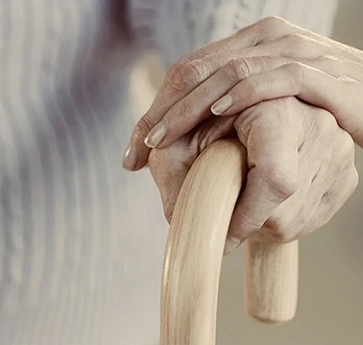Professor Xie Qingping and his teamhad developed and verified the bilateral cervical deep lymphatic-venous anastomosis technique through over 300 clinical cases. This breakthrough brings new hope and highlights Chinese innovation in the global fight against Alzheimer's disease.
In 2018, Professor Xie Qingping and his team performed the world's first cervical deep lymphatic-venous anastomosis surgery to treat Alzheimer's disease, achieving remarkable clinical results. This technique was recognized as one of the seven major advances in Chinese microsurgery in 2022. The enhanced bilateral cervical deep lymphatic-venous anastomosis, which leverages multidisciplinary strengths, provides comprehensive and continuous rehabilitation treatment for patients and has received positive feedback. In April 2023, as a visiting professor at the Cleveland Clinic in the United States, Professor Xie presented the preliminary results and clinical observations of this technique to Professor Wei F. Chen's plastic surgery team. During his visit, Professor Xie also had the honor of meeting Dr. Louveau, one of the authors of a groundbreaking discovery published in Nature. Dr. Louveau's research revealed the existence of a lymphatic system in the human brain, showing that the arachnoid membrane contains a series of lymphatic vessels that facilitate the clearance of central nervous system components and immune cells. Disruption of these vessels can influence the development of neurological diseases such as Alzheimer's disease and multiple sclerosis. This foundational research opens up the possibility of using lymphatic-venous anastomosis to treat Alzheimer's disease and other brain functional disorders.
























